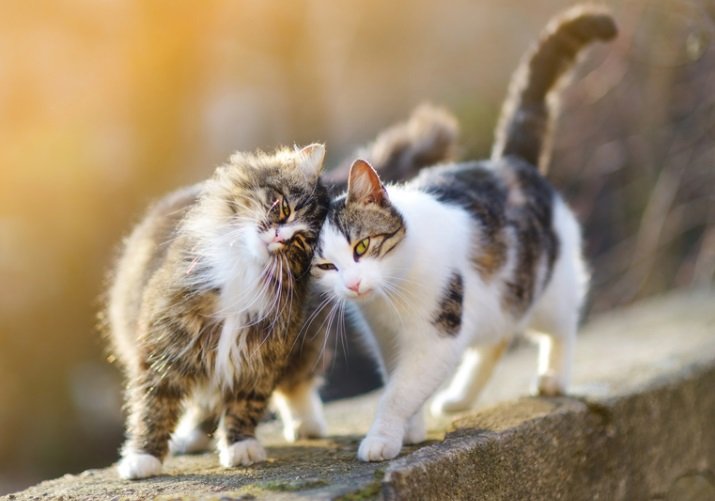Animal welfare and conservation groups will jointly launch a plan for cats, addressing impacts on wildlife and cat owners.
 The National Cat Management Strategy calls for nationwide mandatory microchipping and desexing of domestic cats when ownership is transferred as part of an increased focus on responsible pet ownership.
The National Cat Management Strategy calls for nationwide mandatory microchipping and desexing of domestic cats when ownership is transferred as part of an increased focus on responsible pet ownership.
It also proposes ways to manage stray cats and raises the possibility of cat curfews in ecologically sensitive areas.
The strategy will be launched for consultation today at the NZ Companion Animal Conference in Wellington — the fruit of nearly two years’ joint effort by groups including the NZ Veterinary Association, the Society for the Prevention of Cruelty to Animals (SPCA), the Department of Conservation and the Morgan Foundation..
A copy of the draft strategy is available here.
The SMC collected the following expert commentary.
Yolanda van Heezik, Associate Professor, Department of Zoology, University of Otago, comments:
“This national strategy is badly needed as is legislation to enable local bodies to develop their own strategies to protect both vulnerable wildlife and pet cats. New Zealanders have shown that they can be responsible dog owners and now have the opportunity to show they can demonstrate responsible cat ownership.
“Potentially it’s a win/win situation: by keeping cats indoors more they can protect their pets from accidents and disease, and take the pressure off wildlife populations.”
NB: Yolanda is travelling overseas and has intermittent email access.
John Innes, Wildlife Ecologist, Biodiversity and Conservation team, Landcare Research, comments:
“I think this is a very welcome and significant advance, because of its sensible collaborative origin, and because it does signal changes that are badly needed in the ways cats are regarded and managed, while acknowledging the complexity of the issue.
“Extension of cat micro-chipping is welcome because managers first of all need ways to clearly separate loved from feral and stray cats, so that appropriate action can be taken. All mammal pest control tools and techniques legally must be humane, so that is not confined to cats, but what happens to cats is frequently much more in the public eye, and so re-statement of that is very important here. I also like the clear recognition of the need for ongoing research and assessment of outcomes, so that different strategies can be changed in the future as information unfolds.
“Cat ecology is complicated, and so there are also ecological research issues – such as whether removing cats increases rat populations – that should be addressed, and if necessary countered by other kinds of rat control.”
NB: Due to scheduled commitments, John Innes will not be available for further follow up today.
Earlier comments rounded up on the proposed strategy are also available on the SMC website.